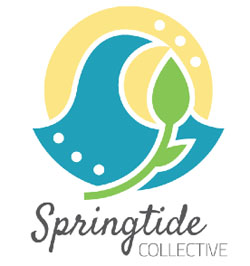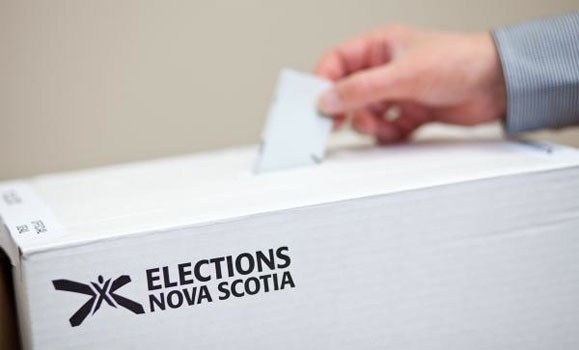With the fall leaves set to turn, the streets of Halifax are already looking plenty colourful. Every which way you look, there’s plenty of orange, blue and red signs that signify the other season upon us: election season.
Nova Scotia’s 39th general election is set to take place on October 8. Party leaders have begun rolling out campaigns in an attempt to pick up new voters and sway old ones. You may have already gotten a knock on your door by a two-member team of enumerators from Elections Nova Scotia, asking for your name, address and date of birth.
If you are at least 18 years old and have lived in the province for the six months before the election, you’re invited to the polls — and you can vote at a polling station either on October 8 or anytime beforehand. (Students who spent the summer away but resided in Halifax last year should also be eligible to vote; check out Elections Nova Scotia’s page for university students for more information.)
In recent years there has been a push for more student voters and this year Elections Nova Scotia will be setting up polling stations on university campuses, including three polls at Dalhousie and one at King's:
- September 23-24: Dentistry Building, Carleton Campus
- September 25-27: Student Union Building, Studley Campus
- October 2-3: Riverview Room, Agricultural Campus
- October 2-3: The Ward Room, University of King’s College
Campus poll hours are from 10 a.m. until 5 p.m. Check out the website for the full schedule university/college polling stations.
Getting students involved
If you’re not interested in voting this year, the Dalhousie Student Union is hoping to change your mind.
 Sagar Jha, DSU’s president, and his team have prepared what he calls, “a three-pronged platform for affordability of education, accountability of government and universities, and livability in Halifax as a city.” The platform is available on the DSU’s website.
Sagar Jha, DSU’s president, and his team have prepared what he calls, “a three-pronged platform for affordability of education, accountability of government and universities, and livability in Halifax as a city.” The platform is available on the DSU’s website.
Another local organization has begun their own campaign to increase political awareness and participation in Nova Scotia. It’s called the Springtide Collective, and many of its organizers are Dalhousie alumni including its president, Mark Coffin.
Coffin, a former student leader himself, says Springtide’s mission is to, “empower Nova Scotians to be masters of their own democracy.” To do this, Springtide aims to educate Nova Scotians on the democratic process in Canada and the province. Last week, the organization hosted two events on campus: “The Afterparty,” a panel discussion on the future of parliamentary democracy in Canada, and an interactive workshop on connecting active citizenship with politics.
The importance of participation
One of Springtide’s more robust initiatives is called the “3 Minutes Citizen,” a series consisting of ten videos explaining Canada’s democratic process. Springtide has begun showing these videos in high schools and distributing them to teachers in an effort to educate young people and empower them to take part in the political process.
“Our deep-rooted problem is the fact that we don’t cultivate the spirit of democracy, which is more than just ‘Oh I’m going to vote for things that are good for me,’ but [instead] ‘I’m also going to vote for things that are good for my community,’”  says Coffin. “Because in order for this whole thing about democracy to work, it’s about collective interest, not about me voting for myself.”
says Coffin. “Because in order for this whole thing about democracy to work, it’s about collective interest, not about me voting for myself.”
Another Springtide project is votesmartns.ca, a website which describes itself as: “everything you need to know about the 2013 Nova Scotia election, minus the crap.” It’s about “helping people to understand platforms and policies,” says Coffin.
With post-secondary funding being a provincial responsibility, students, faculty/staff and other members of the university have a real stake in this election. Issues of post-secondary funding, transparency, and rising student debt are all in play, and as Nova Scotia’s cost of living rises, many feel like the housing standards for student renters aren’t keeping up.
So how does your vote matter?
“University funding has been cut since the early ‘90s by the federal and provincial government,” says the DSU’s Jha. “I think that students should care because students are a worthwhile investment from the government, and students should see themselves as a worthwhile investment for the world.”

